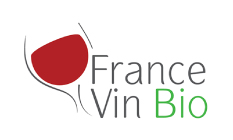Production
The production of organic wine is strongly regulated by European regulations, common to all Member States of the European Union and supplemented by national provisions.
Thus, Regulation 834/2007 sets out the main principles of Organic Agriculture and Regulation 889/2008 defines the rules of implementation. Its annexes indicate precisely the substances authorized in Organic Agriculture (fertilizers and phytosanitary products for example).
Winemaking
Organic winemaking has been the subject of a specific regulation that entered into force on 1 August 2012: Regulation 203/2012. Since then, the entire manufacturing process has been regulated, from grapes to bottles. We are now talking about Organic Wine (and no longer about “wine made from organic grapes”).
As the reading of these regulations is subject to interpretation, the INAO publishes guides and lists explaining the regulations in France.
For more information: https://www.inao.gouv.fr/eng/Official-signs-identifying-quality-and-origin/Agriculture-Biologique
Control and notification
Operators in the organic sector (production, processing, storage, and distribution) are controlled at least once a year by certifying bodies approved by the French public authorities. They meet the criteria of independence and impartiality. A mention of this organization appears on each product, next to the logo.
List of certifying bodies: https://www.agencebio.org/profil/pages-communes/les-organismes-certificateurs-en-france/
Organic farmers must also report their activity to the Organic Agency each year: https://www.agencebio.org/
